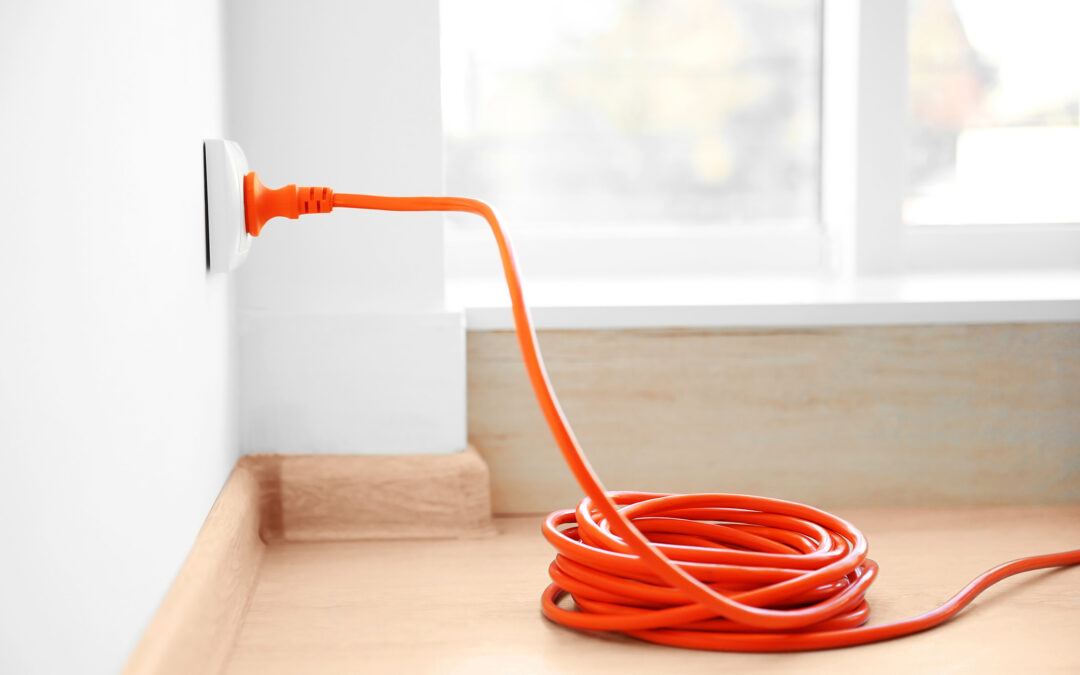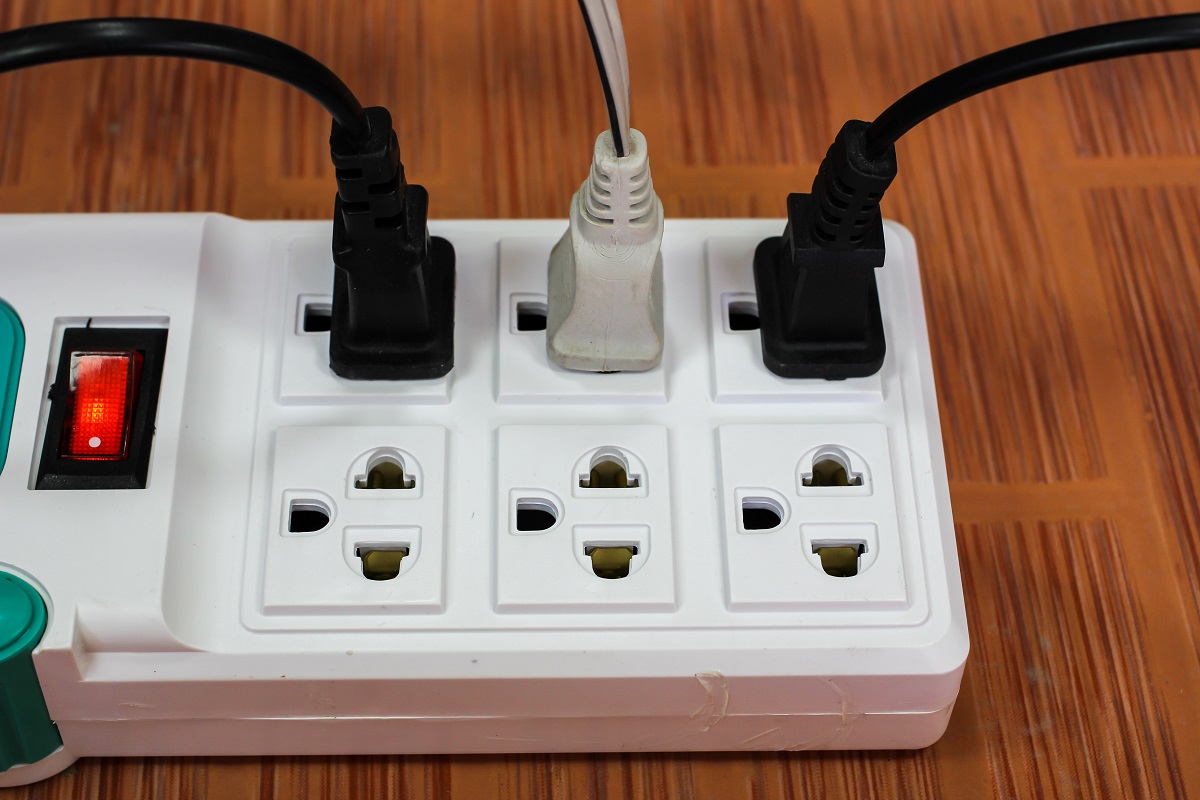
National Electrical Safety Month: Learn, inspect and prevent
Staying safe around electricity is something we focus on every day as we work to deliver the most reliable power possible to our 1.5 million customers. We should also take that mindset home with us and make electrical safety a priority.
During National Electrical Safety Month, take some time to inspect electrical equipment and components in your home and make sure your home is free from electrical hazards. And if you do detect some safety hazards, consider hiring a qualified electrician to do an inspection and make any needed repairs or upgrades.
Here are some common electrical safety measures, including tips from the Electrical Safety Foundation International, that you can take around your house:
Extension cords
- Never use more than one extension cord and don’t overload the cords you do use.
- Make sure the extension cords you use are properly rated for their intended use and have been approved by an independent testing laboratory.
- Inspect cords before use. If you spot cracked or frayed sockets, loose wires or loose connections, discard and replace the cord.
- Don’t put staples or nails through cords.
- Don’t put carpets or rugs over cords.
Overloaded circuit warnings
- Flickering, blinking or dimming lights.
- Frequently tripped circuit breakers or blown fuses.
- Warm or discolored wall plates.
- Crackling, sizzling or buzzing in receptacles.
Power tool safety
- Use ground fault circuit interrupters with power tools to protect against shocks.
- Don’t use extension cords longer than 100 feet with power tools.
- Never use power tools near live electrical wires or water pipes.
- When working with electricity, use tools with insulated grips.
- Wear appropriate personal protective equipment.
Smoke alarms
- Install smoke alarms in every bedroom, outside each sleeping area and on every floor.
- Test smoke alarms once a month.
- Replace smoke alarm batteries annually.
- Occasionally dust or lightly vacuum exterior of alarm to remove dust and cobwebs.
- Replace smoke alarms every 10 years.
Outdoor safety
- Contact 811 at least three business days before any digging project.
- Always identify potential overhead power lines before beginning any outdoor project.
- Carry ladders parallel to the ground to avoid contact with overhead power lines.
- Don’t use electrical equipment or extension cords in wet conditions or in the rain.
Additional resources
PPL Electric offers a variety of important electrical safety information and resources at pplelectric.com/safety. You can find resources for specific groups including:
- First responders – pplelectric.com/firstresponders.
- Contractors – pplelectric.com/contractorsafety.
- Children – pplelectric.com/safekids.

